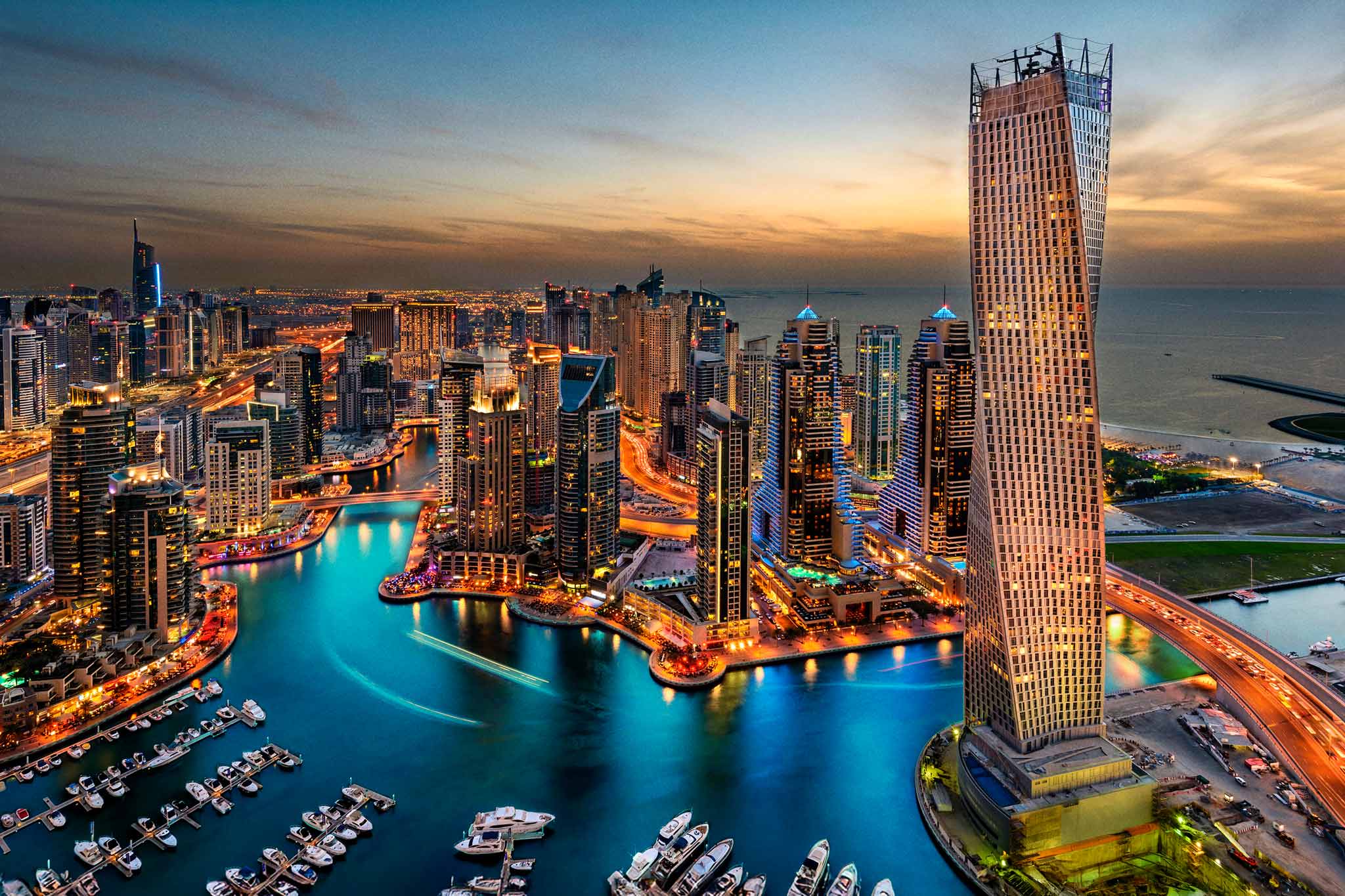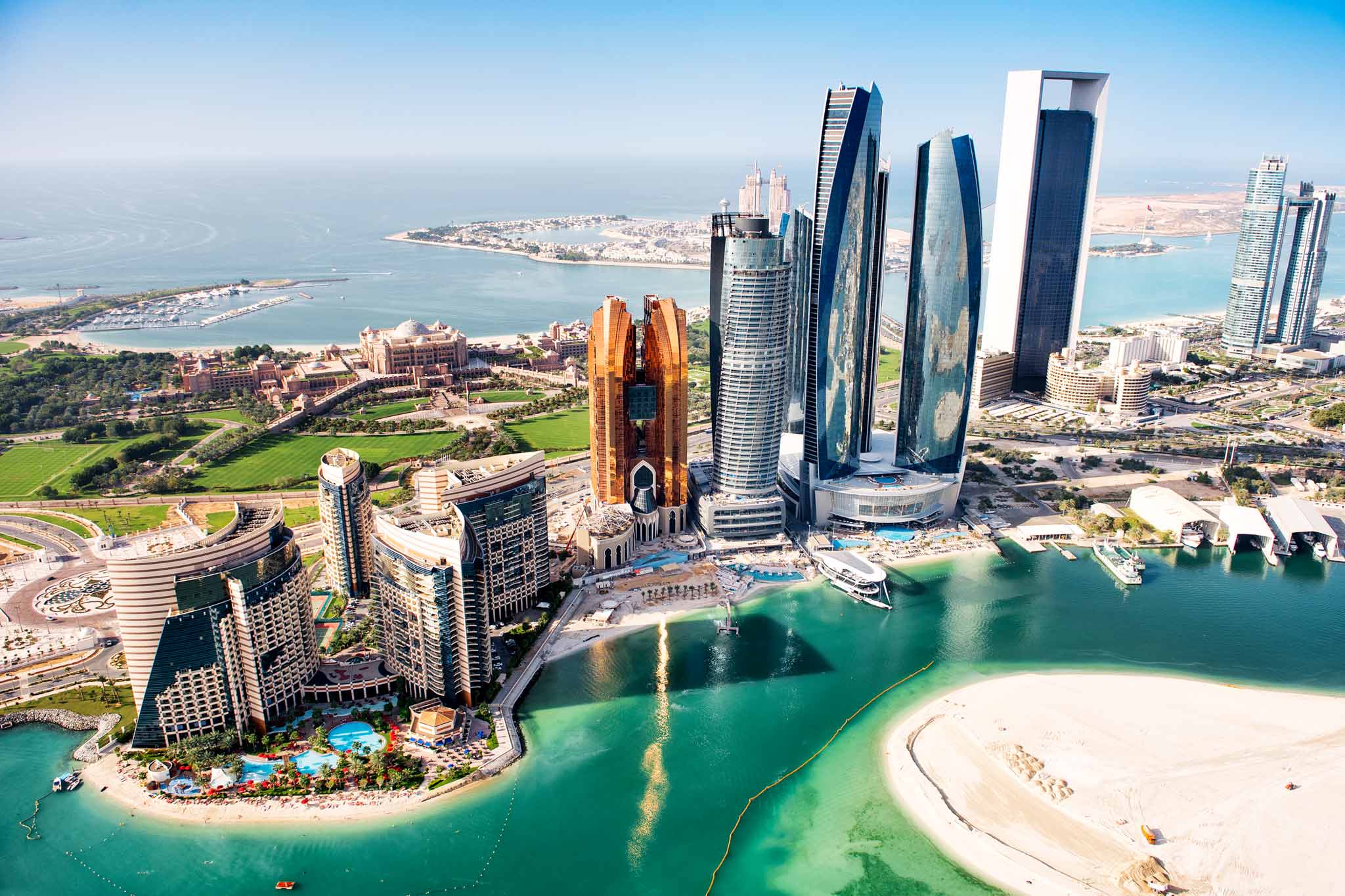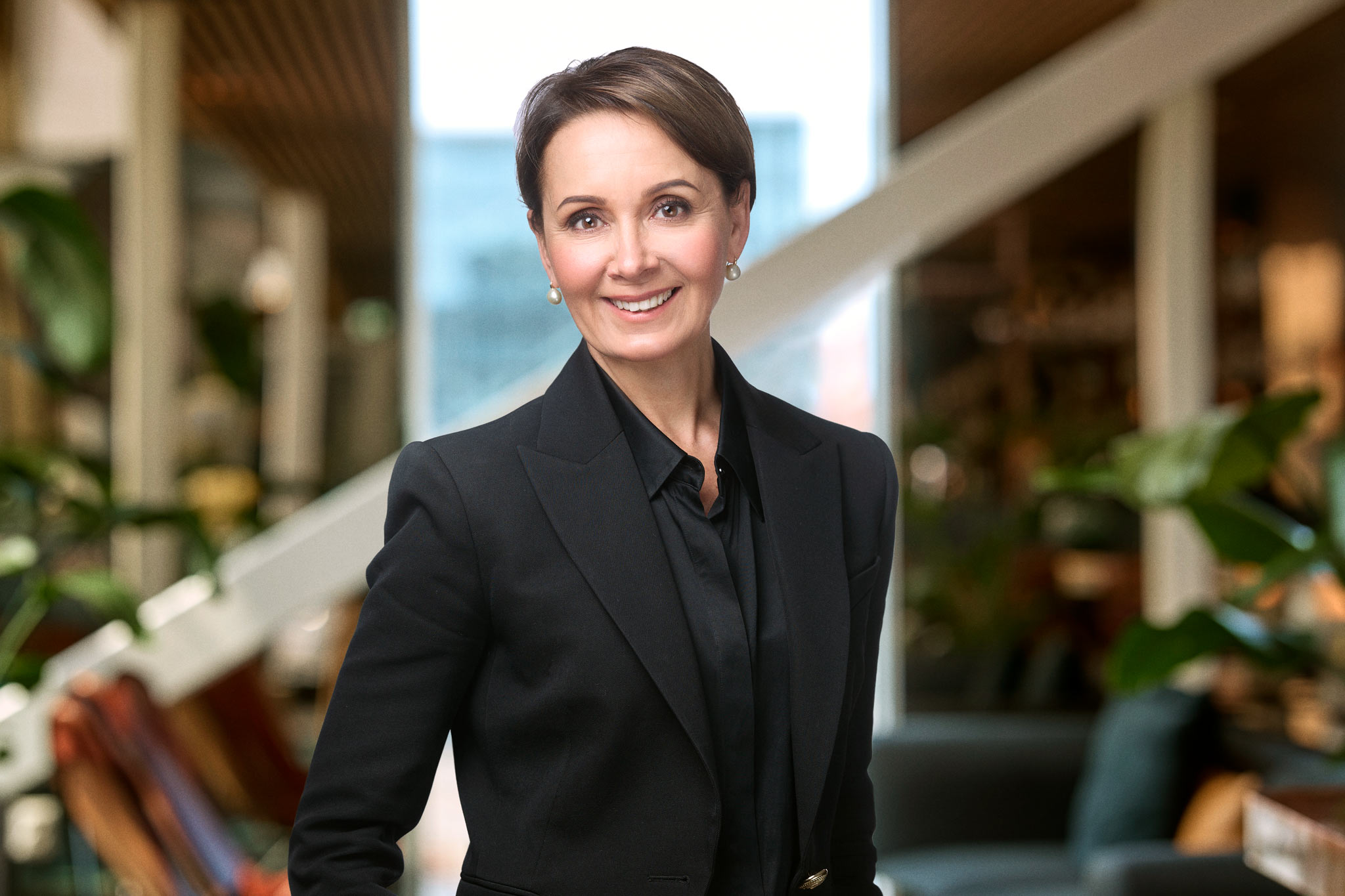The UAE Cabinet has been reviewing national and international projects and developments since April, including the national tax system, sports strategy, industrial economy, tree-planting scheme and other key initiatives, according to Arabian Business. Sheikh Mohammed bin Rashid Al Maktoum, Vice President, Prime Minister and Ruler of Dubai, who chaired the UAE Cabinet meeting in Abu Dhabi, comments: “We approved the restructuring of the Emirates Council for Balanced Development. The council’s goal is to develop impactful projects that ensure balanced growth across all parts of the country.”
The Cabinet also reviewed the outcomes of the Make it in the Emirates forum from last year and approved the objectives for its upcoming 2025 edition. The forum has emerged as a key national platform to attract industrial investments, stimulate local production, and boost the competitiveness of products made in the UAE.
The business event has hosted over 13,000 visitors and participants across its editions, featuring over 200 specialised panels and workshops that have unveiled high-value investment opportunities, announced manufacturing and supply agreements, and provided innovative financing solutions.
“We also discussed the Ministry of Industry and Advanced Technology’s preparations for hosting the Make it in the Emirates forum. The event strengthens our industrial sector by offering purchase opportunities, investment prospects, financing solutions, and partnerships worth AED 160 billion (€36.8 billion).”
The Cabinet also approved the launch of the Global Alliance for Energy Efficiency. This initiative aligns with the UAE Consensusannounced at COP28 and aims to double the annual energy efficiency rate by 2030.
Furthermore, the UAE Cabinet reviewed updates to the national campaign Plant the Emirates, a key initiative aimed at expanding green areas and promoting environmental awareness across the country.
Since April, a total of 459,698 trees have been planted in collaboration with strategic partners. The campaign also distributed 593,246 seedlings and scattered over 6.5 million seeds across natural habitats. The campaign witnessed strong youth and community engagement, involving over 5,000 students and 8,257 volunteers.
During the meeting, Sheikh Mohammed announced that the Cabinet had approved the launch of the Energy Efficiency Global Alliance, which was announced during the UAE’s hosting of COP28. The alliance aims to foster international cooperation, share expertise, and develop global policies to double energy efficiency across all sectors by 2030.
“We reviewed the results of the plant campaign, which we launched at the start of the season, as well as the outcomes of the National Sports Strategy and the annual report on money laundering and terrorism financing risks in the UAE.”
“The National Sports Strategy aims to elevate the sports sector’s contribution to society, health, and national identity”
During the session, the Cabinet reviewed the latest updates and the progress made on developing the UAE’s tax system. The UAE continues to strengthen its global economic standing by building an integrated, competitive, and transparent tax ecosystem that facilitates tax compliance and supports the achievement of financial sustainability and development goals.
The country’s tax system has made significant progress in recent years, encompassing legislative, technical, and procedural aspects, locally and globally. The country achieved leading results in global competitiveness indicators, according to the IMD World Competitiveness Report 2023. It ranked second globally in the Index of Combating Tax Evasion, fourth in the Consumption Tax Rate, and fifth in the Efficiency of Tax Policy.
Sheikh Mohammed comments: “We discussed the progress of the UAE’s tax system, which supports financial sustainability and strengthens our global competitiveness. The UAE ranks fifth globally in tax policy efficiency and second in combating tax evasion, according to the annual report by the International Institute for Management Development (IMD) in Switzerland.
“The tax system is a key part of our economic foundation for the future. Its efficiency reflects the strength of our competitive economy, and the tax culture we’ve built is a recent step we’ve successfully taken. I extend my thanks and appreciation to the team contributing to the UAE’s financial sustainability through a world-class tax system.”
The Cabinet also reviewed the results of implementing the National Sports Strategy, which aims to elevate the sports sector’s contribution to society, health, and national identity. Among the key outcomes was the successful launch of the National University Games Project, involving 1,767 students.
On the cultural front, the Cabinet reviewed progress in implementing the National Strategy for Cultural and Creative Industries. Key initiatives included the launch of the Emirates Culture and Creativity Medal, the National Culture and Creativity Grant Program, and the National Framework for Cultural Activities in Schools.
The UAE Cabinet approved the adoption of the Public Benefit Entities Classification Guide. This decision is based on the Federal Decree-Law governing public benefit institutions. It reflects the best international practices and standards while also taking into account the unique characteristics of the UAE’s institutional environment.
The guide defines the scope of public benefit activities covered under the law, which includes social, cultural, scientific, educational, professional, creative, artistic, recreational, and environmental fields.
“We also approved 44 international agreements in economic, developmental, and governmental fields, and we authorised the start of negotiations for investment protection and promotion agreements with 30 countries worldwide,” says Sheikh Mohammed. “The UAE will continue to build economic and investment ties with friendly and sisterly nations, maintaining its open economic approach that has solidified its position as a global economic hub connecting East and West.”
During the meeting, the UAE Cabinet also approved the launch of the country’s first integrated regulatory intelligence ecosystem within the government. This new legislation and laws development system, which is the first of its kind globally, is based on the most advanced artificial intelligence approaches and solutions, marking a global first in smart governance.



